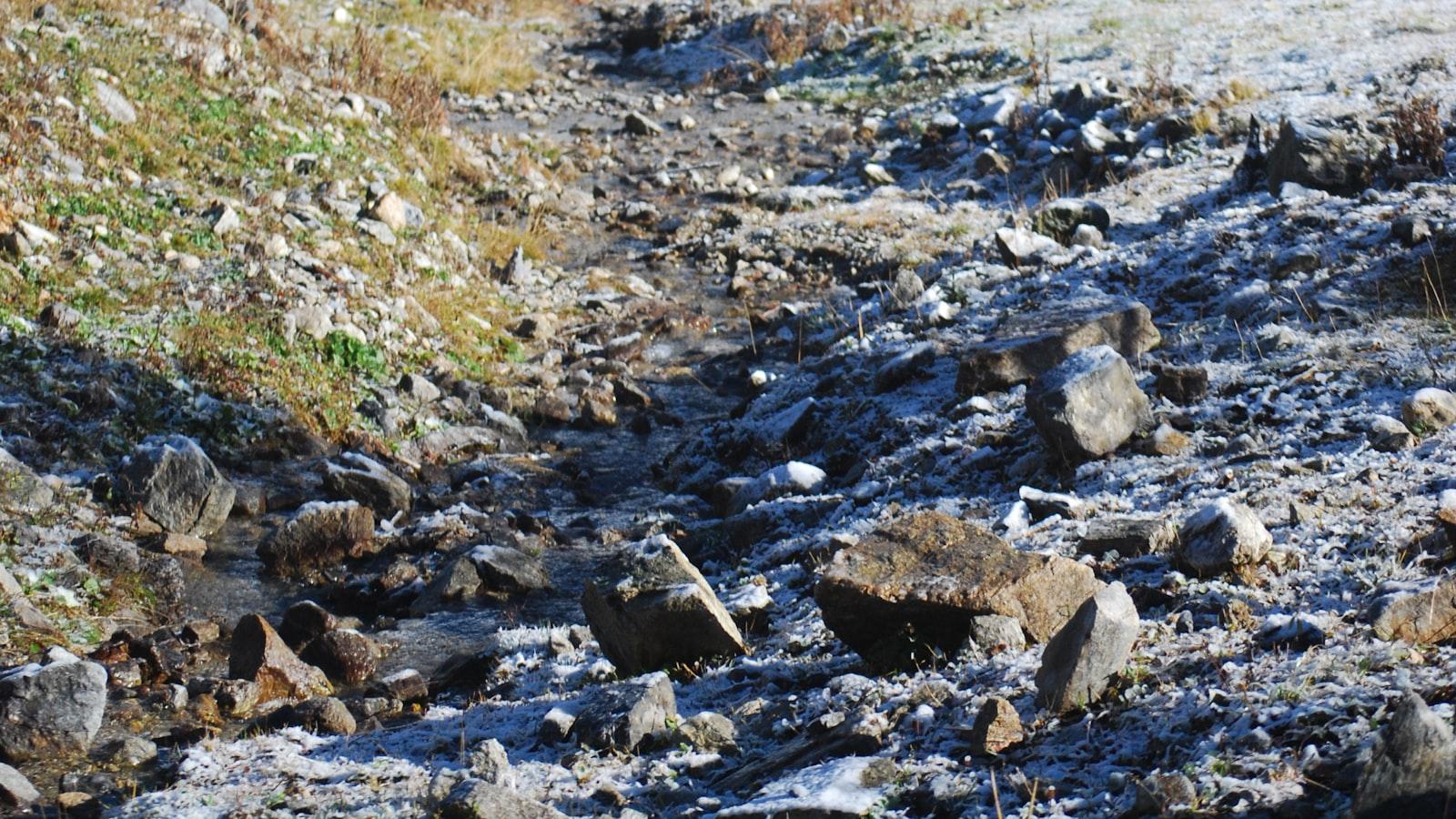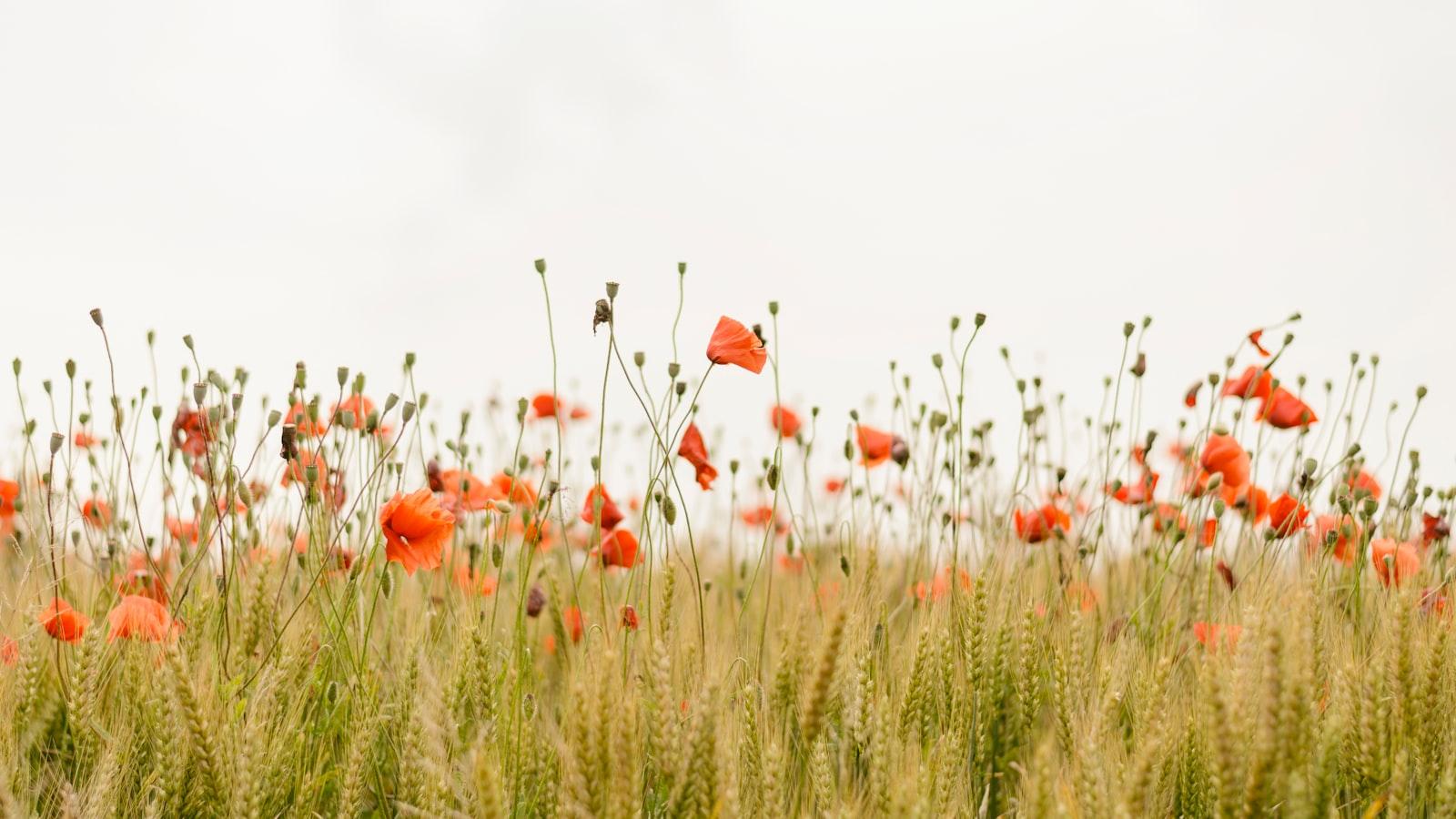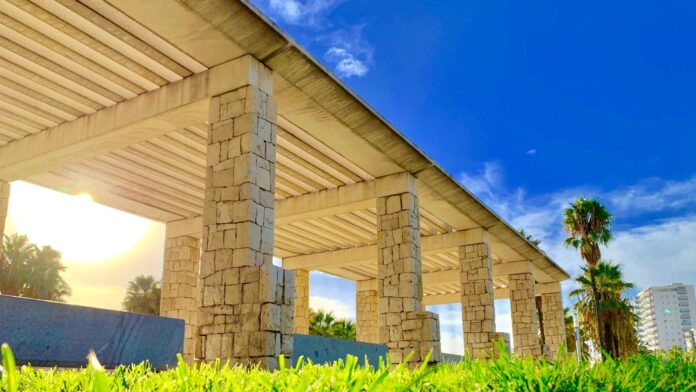Amidst the bustling urban landscape and the relentless march of modernity, there exists a select group of intrepid souls who have chosen to tune out the noise and embrace a life less ordinary. They are the nomads of our time, the pioneers of a different era, willingly disconnecting from the grid to forge their own path, no longer mere spectators but active participants in their own lives. Fuelled by a longing for simplicity, sustainability, and self-sufficiency, they have erected the banner of living off the grid, daringly exploring uncharted territories far removed from the conveniences and comforts of the mainstream world. But as we navigate through the endless possibilities that come with this alternative lifestyle choice, it becomes crucial to illuminate the health impacts that shape the reality of these modern-day adventurers. In this article, we embark on a journey to assess the delicate balance between freedom and constraint, individuality and interdependence, as we seek to untangle the intricacies of living off the grid.
Living Off the Grid: Assessing the Health Impact on Alternative Lifestyles
Living off the grid has become an increasingly popular alternative lifestyle choice for those seeking greater self-sufficiency and a closer connection to nature. This lifestyle, which involves generating one’s own power, growing food, and relying on sustainable resources, can have a significant impact on physical and mental health. In this post, we will explore the various health benefits and potential challenges associated with living off the grid, shedding light on this alternative way of life.
Benefits of Living Off the Grid
Embracing an off-the-grid lifestyle offers a plethora of health benefits that can enhance overall well-being. Some of these advantages include:
- Reduced exposure to environmental toxins and pollutants
- Opportunities for increased physical activity through activities like gardening and manual labor
- Improved mental health due to reduced stress and a stronger connection to nature
- Enhanced air and water quality, which can have positive effects on respiratory and digestive health
Challenges and Considerations
Living off the grid, although rewarding, also presents unique challenges and considerations that individuals need to be aware of:
- Adapting to a different lifestyle that requires self-sufficiency and resourcefulness
- Addressing the initial financial investment required to set up sustainable infrastructure
- Monitoring and managing energy consumption and supply to ensure a consistent power source
- Dealing with potential isolation from urban amenities and limited access to healthcare facilities
- Maintaining a balance between self-reliance and community support

Unveiling the Health Advantages of Living Off the Grid
Living off the grid has become a captivating alternative lifestyle choice that offers numerous health benefits to those who dare to venture outside the conventional norms of modern society. This alternative lifestyle emphasizes self-sufficiency, sustainability, and a profound connection with nature. By liberating oneself from the trappings of a typical urban existence, individuals can experience remarkable improvements in physical and mental well-being.
1. Reduced Exposure to Environmental Toxins: Living off the grid means escaping the densely populated areas characterized by air pollution, noise pollution, and exposure to harmful chemicals. Instead, individuals engaging in this lifestyle often find themselves surrounded by cleaner air, green spaces, and natural resources, leading to a reduced risk of respiratory issues, allergies, and other environmental health concerns.
2. Enhanced Physical Fitness: Embracing a self-sufficient lifestyle off the grid encourages physical activity as an essential part of daily life. Engaging in activities such as gardening, chopping wood, or collecting water promotes a more active lifestyle, leading to improved cardiovascular health, increased strength, and overall fitness levels.
| Benefit | Description |
|---|---|
| Lower Stress Levels | Living in harmony with nature reduces stress and promotes mental well-being. |
| Improved Quality of Sleep | Unplugging from modern distractions can foster a better sleep routine, resulting in higher quality sleep. |
| Increased Connection with Community | Living off the grid often leads to joining supportive and close-knit communities that foster social connections. |
| Healthier Diet | Depending on local resources, individuals may opt for organic, homegrown food, leading to a healthier diet. |

Challenges of Living Off the Grid: Potential Health Risks to Consider
When embarking on the journey of living off the grid, there are numerous aspects to consider, from energy sources to food production. While the off-grid lifestyle offers the allure of self-sufficiency and independence, it is important to assess the potential health risks associated with this alternative lifestyle choice. These risks arise from various factors, including limited access to healthcare facilities, exposure to environmental hazards, and the need for adequate planning and preparation.
One significant challenge of living off the grid is the reduced proximity to healthcare facilities. In remote off-grid locations, access to medical help can be limited and emergency response times may be extended. This can pose serious risks, especially in cases of medical emergencies or chronic health conditions that require regular medical attention. It is crucial for off-grid dwellers to have a well-thought-out emergency plan in place, including knowledge of basic first aid, the availability of emergency medical supplies, and communication methods to seek assistance when needed.
- Exposure to environmental hazards:
Living in remote off-grid locations often means being immersed in nature, which can expose individuals to unique environmental hazards. This may include exposure to wildlife, extreme weather conditions, or potential natural disasters. Off-grid living requires individuals to be aware of their surroundings and take necessary precautions to mitigate these risks. Educating oneself about local wildlife and vegetation, having appropriate protective gear, and ensuring a well-built and secure living environment are essential steps to minimize potential health hazards.
| Health Risk | Prevention Measures |
|---|---|
| Inadequate sanitation | Install a composting toilet system or a septic tank. |
| Waterborne illnesses | Regularly test and treat water sources, or invest in a reliable filtration system. |
| Poor nutrition | Plan and maintain a balanced diet, grow a variety of vegetables and fruits. |
- Planning and preparation:
Living off the grid requires careful planning and preparation to ensure the well-being of all individuals involved. It involves managing resources efficiently, such as ensuring an adequate supply of clean water, sustainable food sources, and maintaining proper sanitation practices. Additionally, off-grid living often requires individuals to develop and maintain a high level of self-sufficiency, including skills in growing food, generating power, and managing waste effectively. By being well-prepared, off-grid dwellers can minimize potential health risks and fully enjoy the benefits of their chosen lifestyle.

Enhancing Health and Well-being in Off-the-Grid Living: Practical Recommendations
Living off the grid opens up a world of possibilities for those seeking a simpler and more sustainable lifestyle. However, it is important to consider the potential health impacts that come with this alternative way of living. By implementing a few practical recommendations, individuals and families can enhance their health and well-being while fully embracing the off-the-grid lifestyle.
1. Prioritize a balanced diet: In off-the-grid living, access to fresh produce might be limited. It is crucial to plan meals carefully and focus on nutrition-rich ingredients. Make the most of your garden, grow your own fruits and vegetables, and explore alternative sources of protein such as beans, nuts, and seeds.
2. Stay active and connect with nature: Living in a remote location provides ample opportunities for outdoor activities and exercise. Take advantage of the natural surroundings by going for hikes, bike rides, or simply enjoying a walk in the woods. Engaging with nature not only boosts physical fitness but also contributes to mental well-being.
| Tip | Benefit |
|---|---|
| Practice meditation or yoga | Reduces stress and promotes relaxation |
| Invest in renewable energy sources | Improves sustainability and reduces environmental impact |
| Install a water filtration system | Ensures access to clean and safe drinking water |
3. Practice mindfulness and self-care: The off-the-grid lifestyle allows for a slower pace of life, which can be beneficial for mental health. Take time each day to practice mindfulness, whether through meditation, journaling, or simply being present in the moment. Prioritize self-care activities that promote relaxation and reduce stress levels.
4. Seek community connections: Living off the grid doesn’t mean living in isolation. Building connections with like-minded individuals and communities can provide valuable support and resources. Join local sustainability groups or attend off-the-grid living gatherings to share experiences and learn from others.
To Wrap It Up
As we conclude our exploration into the world of off-grid living and its impact on one’s health, we are left with an appreciation for the power of individual choice and its profound influence on both body and mind. The alternative lifestyle of disconnecting from the conventional grid has proven to be a transformative journey for many, offering a unique blend of challenges and rewards.
Throughout this article, we delved into the various aspects of life off the grid, examining the impact it has on physical well-being, mental rejuvenation, and environmental stewardship. We discovered that living off the grid is not merely a lifestyle choice, but rather a philosophy that embraces sustainability, self-sufficiency, and a connection with the natural world.
The health benefits of off-grid living became evident as we explored the physical aspects, such as increased physical activity, improved air quality, and access to organic, farm-fresh produce. These elements contribute to a more active and nourished body, aiding in overall well-being and longevity.
Yet, the impact of off-grid living extends beyond the physical realm. By stepping away from the noise and distractions of the modern world, individuals often experience a newfound sense of mental clarity and tranquility. The simplicity of a life less dependent on technology fosters a deeper connection with oneself, fostering personal growth and greater mindfulness.
Moreover, the choice to live off the grid carries a significant environmental impact. By reducing energy consumption and embracing sustainable practices, off-grid dwellers contribute to the preservation of our planet. This commitment to nature allows individuals to be custodians of the earth, fostering a sense of purpose and joy in nurturing the very environment that sustains them.
However, it is important to recognize that the decision to live off the grid is not without its challenges. The transition to this alternative way of life requires careful planning, learning new skills, and adaptability. It is a continuous journey of adaptation and self-discovery, not without its hardships, but ultimately rewarding for those who choose to embark on it.
In the end, living off the grid is a personal choice that holds the potential for a healthier, more balanced life. It reconnects individuals with nature, themselves, and the essence of what truly matters. It is a testament to the power of human resilience and a gentle reminder of the endless possibilities that lie beyond the confines of mainstream living.
So as we bid farewell to this article, we hope that it has enlightened and inspired you, offering a glimpse into the alternative lifestyle that is off-grid living. Whether you choose to remain connected to the conventional grid or venture into the depths of self-reliance, may you find harmony in your own unique path and embrace the transformative power of living off the grid.



